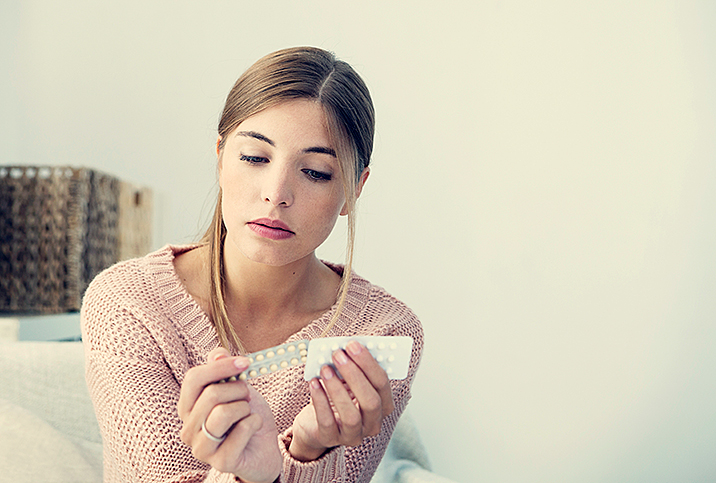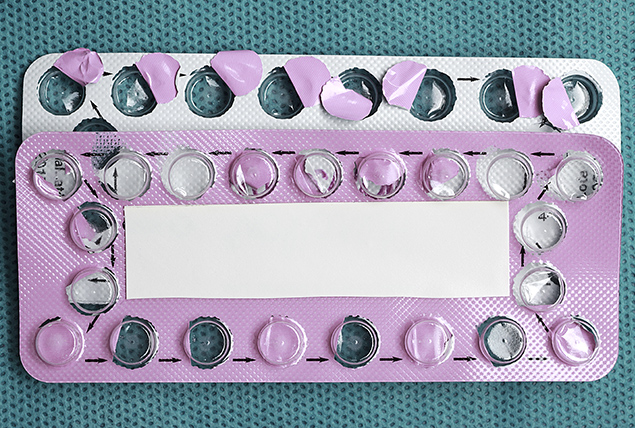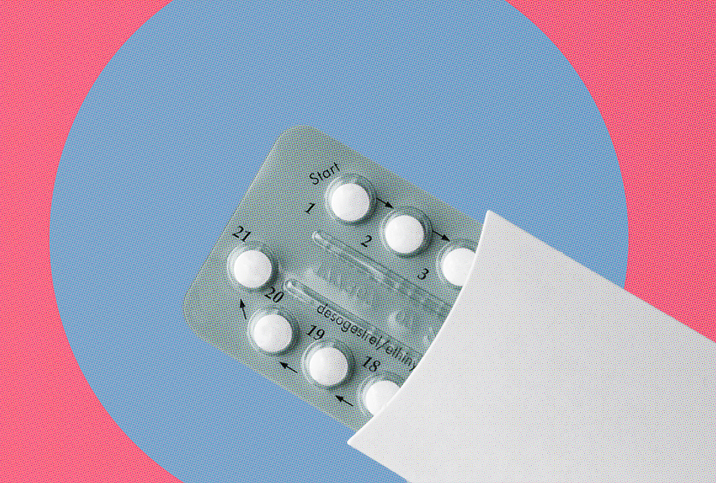What to Do If Birth Control Is Decreasing Your Libido

Birth control has many benefits. Some people use it to control the symptoms of reproductive conditions, such as irregular periods and polycystic ovary syndrome, but most use it to avoid unplanned (or untimely) pregnancies. Birth control allows couples to have worry-free sex—except when it results in a lowered sex drive.
If you believe your birth control is causing decreased libido, have no fear. There's some science to support that, and there are options you can consider to remedy it.
How birth control may affect libido
Though more studies are needed to confirm the link, there is evidence hormonal birth control can decrease libido in females. Hormonal birth control increases the presence of sex hormone-binding globulin (SHBG), which affects the levels of free testosterone in the body.
Since decreased testosterone is associated with decreased libido and clitoral sensitivity, birth control being the culprit is a logical conclusion to draw. Now, let's discuss what you can try to get your sex drive back.
Get off of hormonal birth control
This one is pretty obvious, but it's not an option for everyone since many people use birth control to manage health conditions. However, if you're on birth control solely for the purpose of family planning, there are alternatives to consider. Options include condoms, diaphragms, cycle tracking and the "pull-out" method.
It's important to note the above options are not foolproof—nor is any form of birth control. Methods such as cycle tracking and pulling out are most effective when done 100 percent of the time, but if you have an accident, emergency contraceptives are available at most pharmacies.
Switch birth control types
Different types of birth control have different hormone levels, and thus different effects on the body. Many people choose a birth control type based on what's most convenient for them—for example, if you know you won't remember to take a pill every day, you may opt for an intrauterine device (IUD) or an arm implant.
However, if you believe the type you've chosen is contributing to your lowered libido, a switch to a different type of birth control may be in order. If you want more protection than a condom or withdrawal can offer and are OK with going off of hormones, a copper IUD (an IUD with no hormones) may be a great choice. If you need some level of hormonal interference, talk to your doctor about your concerns and change to a lower- or higher-level dosage based on your needs.
Experiment with toys
It is a proven fact many women can't achieve orgasm from penetration alone. Usually, it's clitoral stimulation that takes the starring role. It makes sense sex would sound less appealing if your clitoral sensitivity is decreased—if your primary method for reaching orgasm isn't working as well as it used to, of course you'll be less inclined to desire a roll in the sheets.
That's where toys can come in handy. There are nearly endless options on the market designed specifically to increase clitoral stimulation and compensate for the sensitivity you may have lost. Incorporating toys into foreplay is a great way to get aroused and ensure all parties have a satisfying sexual experience.
You've got options
You don't have to choose between birth control and a healthy sex drive.
Supplements may help some women address a waning desire for sexual activity. Giddy Health Libido Boost vitamins can help you maintain a normal, healthy sex life. These supplements use ethically sourced formulations and dosages backed by science and research, including Panax Ginseng and Ashwagandha, which can enhance sexual arousal and satisfaction, including in women who report a diminished libido for physical or psychological reasons.
Bottom line, if you're concerned your birth control is behind your lowered libido, talk to your doctor about alternative options. You deserve to have both protection and a satisfying sex life.


















